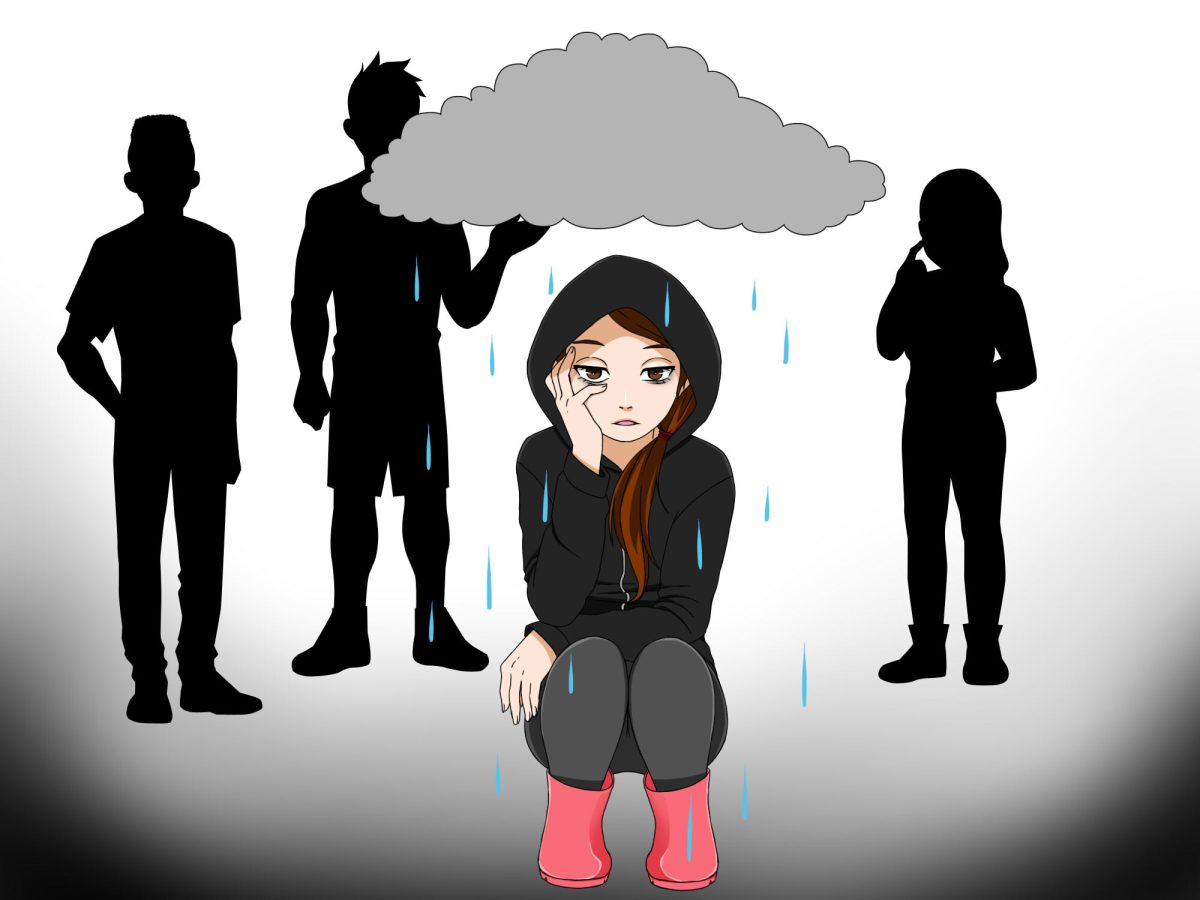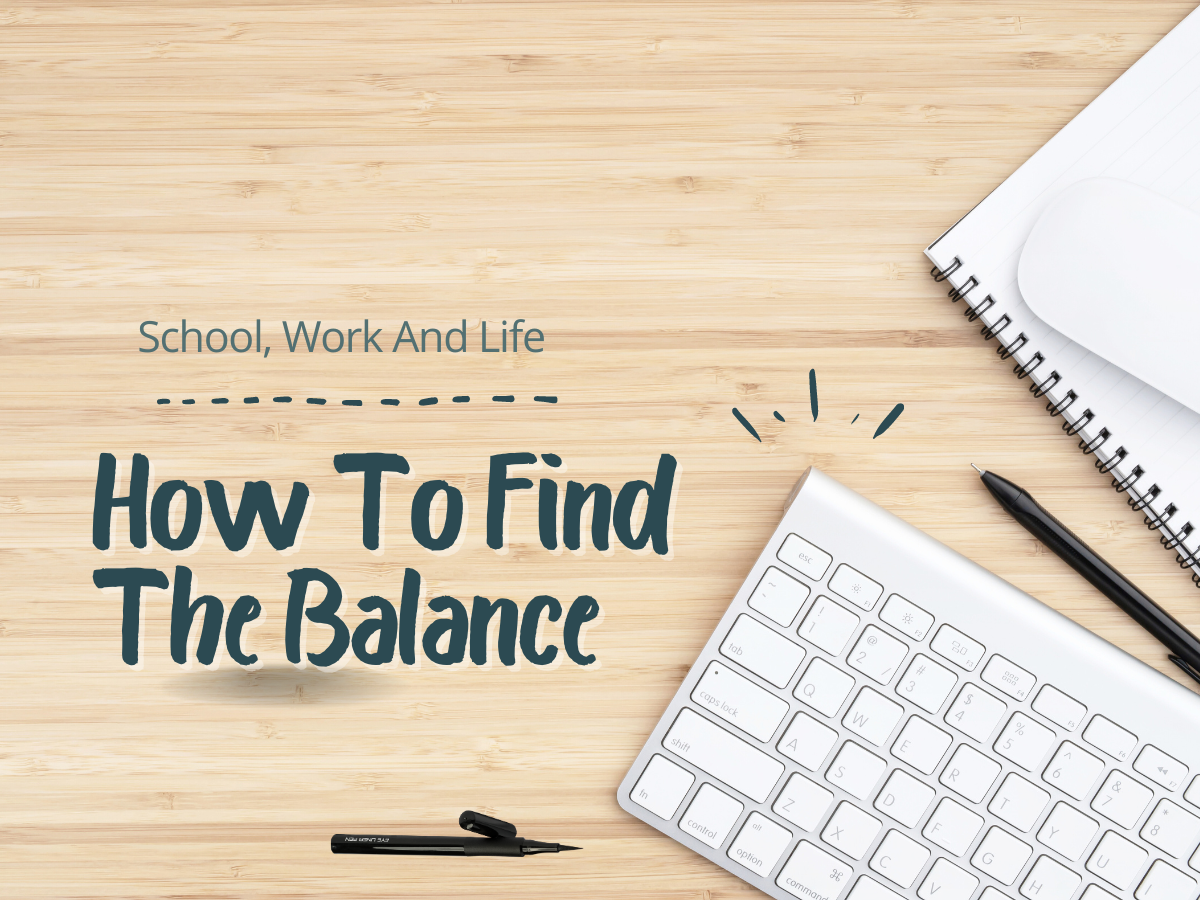Kelsey Story | Contributing Writer
When people go through difficult times, it is most likely their friends are there for them and support them. However, there are times when friendships can be pushed to the edge when dealing with a larger issue. This can be true with friends suffering with mental illness, and it can be hard for people to support or cheer them up.
Being in a close relationship can be pleasant, but when you have a friend who has negative thoughts or comments against you, you may feel uncomfortable or even uncertain with your friendship. Mentally or physically threatening friends can also lead one to cut their friends out of the relationship, and sometimes, it is necessary to end the relationship if the threat is serious.
Mental illness is a different issue, especially with depression. If someone is suffering from depression, there are friends who want to help him or her to cheer up, but depression is sometimes difficult and slow to recover. There are even times when people begin to feel like there is no hope of recovering their friends and think they can just give up on helping them.
Just because a friend is dealing with depression does not make them the reason why you should cut them from your friendship. As human beings, we all undergo times of stress and deep sadness, and there are times when we are too stressed or sad to perform daily activities. As friends, we should try our best to help one another. Leaving someone with depression can make the issue worse and recovery would be far from possible.
First, you can begin helping out your friends by seeking professional help. In an article from the Mayo Clinic, it is stated that for “depression: Supporting a family member or friend,” it is important to set up appointments for a doctor and help your friend or your loved one to go to those appointments. Seeking treatment is a great step for your friend’s path to recovery.
Another thing in mind is that your encouraging words may not instantly bring a person out of depression. It is a process and it takes time for one to completely or partially recover. One thing that stood out in the article “Helping Someone with Depression” from helpguide.org, was the fact that the person suffering with depression determines when to recover, not you. You cannot force someone to get better.
When you are feeling like there is no hope of helping your friends, just remember that it makes a huge difference when you support them. There are some tips that I have found in Dr. Irene S. Levine’s article on Huffington Post. One of them is to listen to your friend’s problems, and it is a good idea to do that because you can learn much from his or her experience of their condition. Another thing is to stay patient with your friend. Rushing them to recover may cause them to feel overwhelmed and may make the problem even worse.
Sometimes, if a friend is acting particularly out of character in their darker hours, there is a chance they are planning to harm themselves. If your friend is showing signs of possibly being suicidal, encouraging them to speak to a professional is important, but it also might be necessary to talk to an authority in their life yourself. If they are actively threatening suicide, you should stay with them and dial 911 unless they are posing an active threat to you.
You can cut off a friend who is treating you badly, but sometimes, people who are struggling through life may need your help, and you can make their hard days a little better by supporting them, by listening to their problems and by helping them seek professional assistance you cannot provide.





